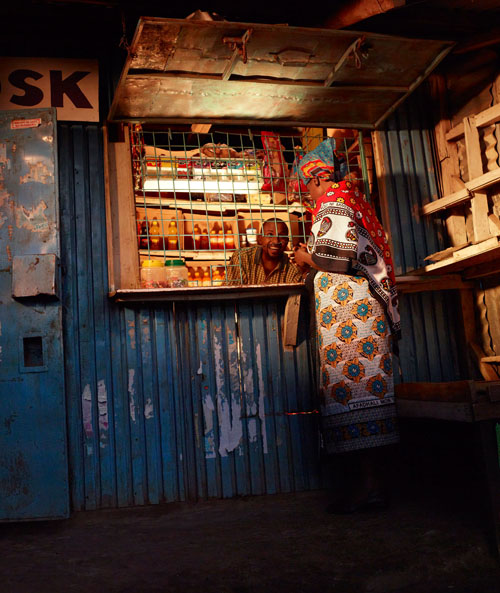News
 It takes more than good products to make consumers move to clean energy. An education campaign has been launched to encourage people living in rural Kenya to adopt solar lighting.
It takes more than good products to make consumers move to clean energy. An education campaign has been launched to encourage people living in rural Kenya to adopt solar lighting.
In Kenya, about 80 percent of the population is without access to a public electricity utility. Most of these people are in rural areas, and rely on kerosene, candles or wick sticks: expensive, inefficient and often hazardous lighting sources.
The campaign dubbed “Zonga Mble na Solar” (Stay ahead with solar) targets 13.5 million people, both households and small businesses in rural Kenya. It shows how by switching from fuel- based lighting to modern, solar lighting rural populations could improve their health, increase their savings—households typically spend about 10 percent of their income on kerosene— and ultimately benefit from better lighting and more productive time in their homes, schools and businesses.
No more fumes
“The main argument for people to switch from kerosene lamps to solar light is an improvement in their children’s health and education: the solar portable lights emit no fumes, and provide better illumination for studying. Longer productive hours for businesses is also a winning argument” says Nana Asamoah Manu, Country Officer for Lighting Africa.
In parallel, the campaign is staging road shows in market towns, to generate consumers’ interests in the solar portable lights that passed Lighting Africa quality tests. The road shows are attracting crowds of 300-500 people every evening, and are packed with product demonstrations, fun quiz, dance shows and a chance to try the solar lights.
“People are enthusiastic” says Nana “the major obstacle now is the relatively high upfront cost of solar lights. Many families can afford to spend 20 to 50 shillings a day on kerosene, but are struggling to find 2000 shillings for a solar lamp.”
Lighting Africa a joint IFC and World Bank program is working with microfinance institutions to secure loans for rural households and businesses willing to buy solar lamps. The program is also looking into light rental schemes as another option. The program is implemented in partnership with several agencies including the Energy Sector Management Assistance Program-ESMAP.
The campaign started in September 2010 and will run until December 2011. Lighting Africa will launch a similar consumer education campaign in Ghana in December 2010.
